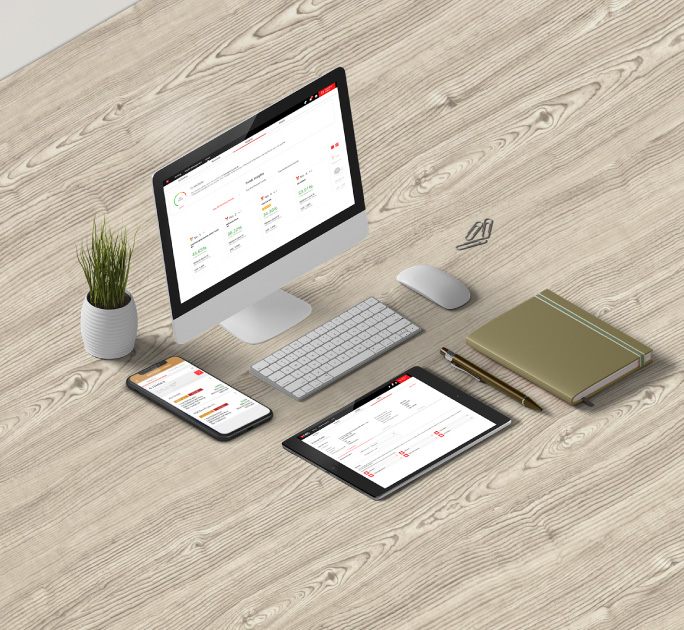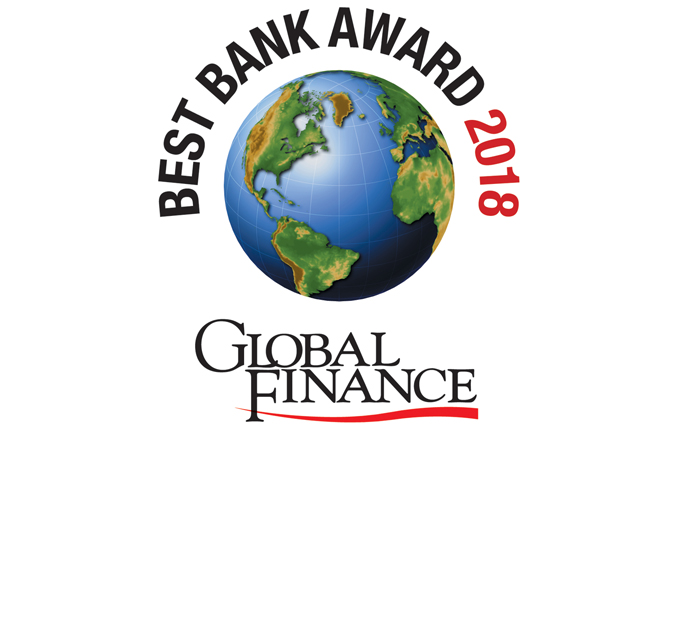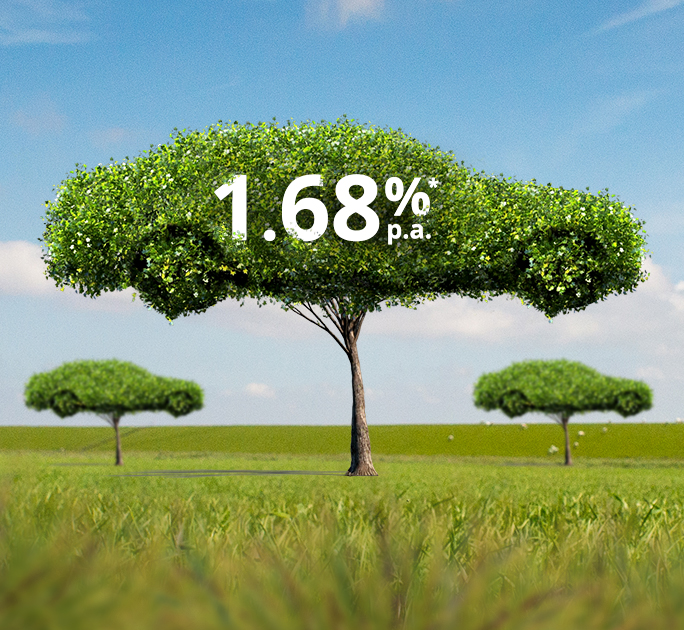Rewards and solutions for your next move
Enjoy the latest promotions and explore wealth solutions that suit your needs.
The value you can expect
Tap into our global expertise and a digital platform designed around you.
Insights to help you stay ahead
Gain a deeper understanding of market and wealth dynamics with curated insights that cut through the noise.
Quick access to trade and convert
Make quick conversions and trade or invest online.
Leadership & Accolades
Get to know the team at DBS Treasures. Learn what drives us, how we’re making a difference, and our impact to the world.





















